NATIONAL UNIVERSITY OF SINGAPORE
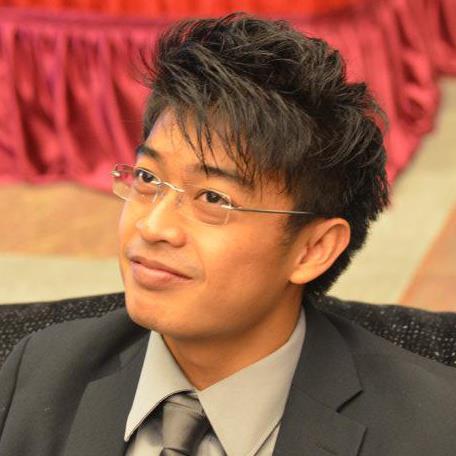 Imran Rahim is an Asian Champion and Best Speaker, Asian BP Champion and twice Best Speaker, Australs Finalist and 3rd Best Speaker, World Universities Debating Championship Quarterfinalist in 2011 and Octo-finalist in 2013, and World Universities Peace Invitational Debate Champion. He has also won, and been ranked as the Best Speaker, of several regional Intervarsities. A rabid Arsenal FC fan who yearns for ANY kind of trophy for his beloved Gunners, Imran spends his spare time pretending to be a Law student in NUS.
Imran Rahim is an Asian Champion and Best Speaker, Asian BP Champion and twice Best Speaker, Australs Finalist and 3rd Best Speaker, World Universities Debating Championship Quarterfinalist in 2011 and Octo-finalist in 2013, and World Universities Peace Invitational Debate Champion. He has also won, and been ranked as the Best Speaker, of several regional Intervarsities. A rabid Arsenal FC fan who yearns for ANY kind of trophy for his beloved Gunners, Imran spends his spare time pretending to be a Law student in NUS.
“The rule of law means that laws should govern a country instead of the wills of particular individuals.”
 Robin Teo is a 4th year Law student who just finished his last semester of Law school. Debating saved him from a life as a high school librarian. Robin enjoys travelling, gastronomy, 60s-70s Rock music and meeting new people. Highlights of his debate career includes being Quarterfinalist and Octo-finalist in 2 different World Universities Debating Championships, Champion of Asia in 2011, Grand-Finalist of Australs in 2011, and top individual speaker in various local, regional and global tournaments. Robin is very proud to be donning the NUS colours one last time in this tournament.
Robin Teo is a 4th year Law student who just finished his last semester of Law school. Debating saved him from a life as a high school librarian. Robin enjoys travelling, gastronomy, 60s-70s Rock music and meeting new people. Highlights of his debate career includes being Quarterfinalist and Octo-finalist in 2 different World Universities Debating Championships, Champion of Asia in 2011, Grand-Finalist of Australs in 2011, and top individual speaker in various local, regional and global tournaments. Robin is very proud to be donning the NUS colours one last time in this tournament.
UNIVERSITY OF THE PHILIPPINES
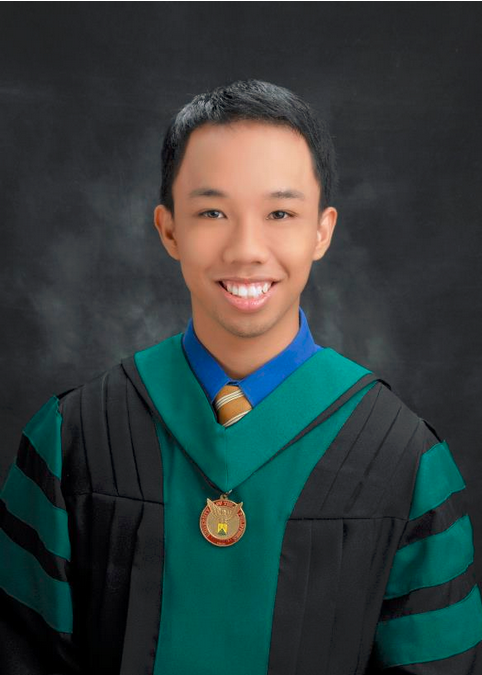 Lee Yarcia is recognized as Best Speaker of the Philippines and ranks second in Asia. He is a celebrated Filipino debater who has won multiple regional tournaments, while being a student of the most elite and prestigious accelerated medical degree program in the University of the Philippines. Lee is one of the youngest Filipino physicians, and he is currently involved with the Philippine government's Universal Health Care agenda. Lee loves travelling a lot; he has explored South-East and North-East Asia and is looking forward to new places and adventures.
Lee Yarcia is recognized as Best Speaker of the Philippines and ranks second in Asia. He is a celebrated Filipino debater who has won multiple regional tournaments, while being a student of the most elite and prestigious accelerated medical degree program in the University of the Philippines. Lee is one of the youngest Filipino physicians, and he is currently involved with the Philippine government's Universal Health Care agenda. Lee loves travelling a lot; he has explored South-East and North-East Asia and is looking forward to new places and adventures.
“The rule of law defines the borders between right and wrong. Its rule means society is living within the boundary of what is good for all.”
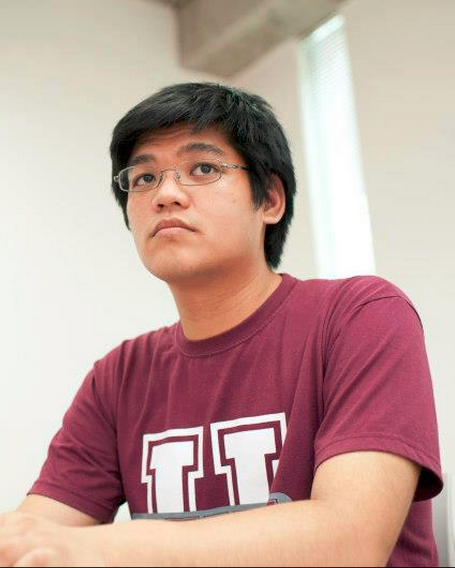 Elmer Cruz is the current Prime Minister of the UP Manila Debate Circle all the while juggling the demands of being a 2nd Year Medicine Student at the UP College of Medicine. A champion in his own right in multiple local Intervarsities as well as a Quarterfinalist in the United Asians Debate Championship and Philippine Intercollegiate Debating Championship, Elmer has taken his talents to serve as a debating consultant in the Philippine Department of Health’s “The Secretary’s Cup”, a nationwide event that serves to highlight various local health issues.
Elmer Cruz is the current Prime Minister of the UP Manila Debate Circle all the while juggling the demands of being a 2nd Year Medicine Student at the UP College of Medicine. A champion in his own right in multiple local Intervarsities as well as a Quarterfinalist in the United Asians Debate Championship and Philippine Intercollegiate Debating Championship, Elmer has taken his talents to serve as a debating consultant in the Philippine Department of Health’s “The Secretary’s Cup”, a nationwide event that serves to highlight various local health issues.
“The rule of law is the permeating dictum that reflects our humanity.”
UNIVERSITAS INDONESIA
 Roderick Sibarani is the First Best Speaker and Grand-finalist of South East Asian English Olympic, 2nd EFL (English as a Foreign Language) Best Speaker of World Universities Debating Championship 2012, and Champion of Asean Youth Debating Championship. He is also the Indonesian Debater of the Year 2011. In his spare time, he enjoys crying over some cheesy sitcoms.
Roderick Sibarani is the First Best Speaker and Grand-finalist of South East Asian English Olympic, 2nd EFL (English as a Foreign Language) Best Speaker of World Universities Debating Championship 2012, and Champion of Asean Youth Debating Championship. He is also the Indonesian Debater of the Year 2011. In his spare time, he enjoys crying over some cheesy sitcoms.
“The Rule of Law is a reflection on the kind of society the nation wants to live in.”
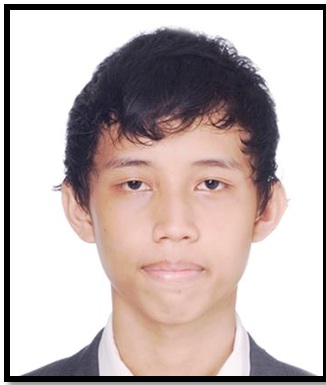
Terry Muthahhari is Grand-finalist of Asian English Olympics 2013, Best Novice Speaker of Asian English Olympics 2012, and Quarterfinalist of Asian English Olympics 2012. A mediocre online-games player with low social interaction skill (especially with beautiful girls) and currently having underweight problem but still, he is the sexiest men alive.
“The Rule of Law is a set of rules that were created to help people maintain the values of humanity.”
International Islamic University Malaysia
 Arinah Najwa is a Quarterfinalist and the 2nd Best ESL speaker in the World Universities Debating Championship 2013, Asians British Parliamentary Debate Quarterfinalist and 3rd Best Speaker, Australs Octo-finalist in 2011 and Best Speaker in the ESL Category. She has been Best Speaker and finalist in various regional and local tournaments. A person who lives for food, you can never find her without a chocolate bar stashed in her bag. She spends most of her time joking around or making her teammates’ life miserable.
Arinah Najwa is a Quarterfinalist and the 2nd Best ESL speaker in the World Universities Debating Championship 2013, Asians British Parliamentary Debate Quarterfinalist and 3rd Best Speaker, Australs Octo-finalist in 2011 and Best Speaker in the ESL Category. She has been Best Speaker and finalist in various regional and local tournaments. A person who lives for food, you can never find her without a chocolate bar stashed in her bag. She spends most of her time joking around or making her teammates’ life miserable.
“The Rule of Law is a basic guideline for society to be able to live with one another. Without it there is only anarchy.”
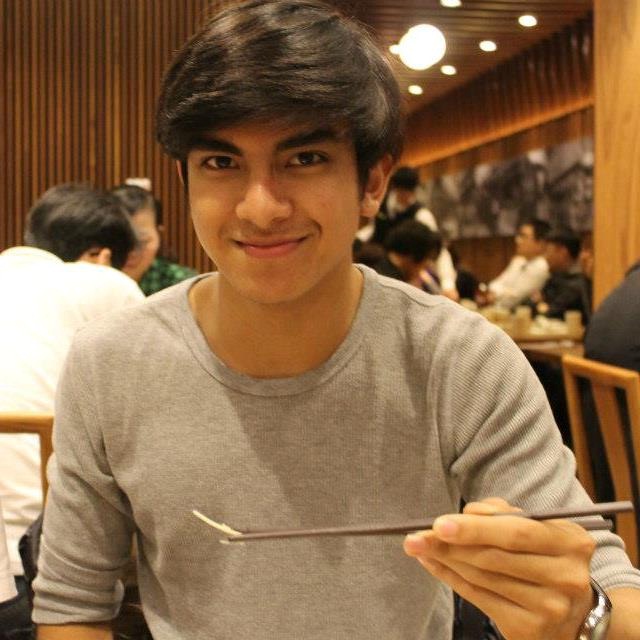 Syed Saddiq is this year’s World Universities Debating Championships 3rd Best Speaker in the ESL Category and World Universities Debating Championship Quarterfinalist. He was Octo-finalist in Australs 2012 as well as Overall Best Speaker in ESL Category. He was also Overall Best Speaker (ESL) at the Cambridge Intervarsity 2012 as well as the Asians British Parliamentary Debate 2012. He has been ranked Best Speaker and finalist in various local and regional competitions. Saddiq believes he is a part-time student but a full-time debater and reads The Economist for leisure.
Syed Saddiq is this year’s World Universities Debating Championships 3rd Best Speaker in the ESL Category and World Universities Debating Championship Quarterfinalist. He was Octo-finalist in Australs 2012 as well as Overall Best Speaker in ESL Category. He was also Overall Best Speaker (ESL) at the Cambridge Intervarsity 2012 as well as the Asians British Parliamentary Debate 2012. He has been ranked Best Speaker and finalist in various local and regional competitions. Saddiq believes he is a part-time student but a full-time debater and reads The Economist for leisure.
“The Rule of Law is the locus of my security.”THE KEYNOTE LECTURE: “Human Rights in ASEAN: Past, Present and Future”
LIM CHEE WEE is the President of the Malaysian Bar, and partner of the Dispute Resolution Division of SKRINE.
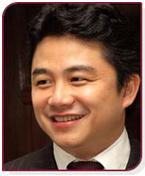
He graduated from the University of New South Wales, Australia with a LLB degree and B. Comm. (Accounting) degree, and was admitted to the Malaysian Bar as an Advocate & Solicitor in the High Court of Malaya in March 1993. He started practising at SKRINE and was made a partner in January 2001.
Lim Chee Wee has a broad commercial practice with experience in a wide variety of commercial and corporate disputes and litigation including international arbitrations in Asia and Europe, and public and administrative law practice having regularly advised and acted as Counsel for the Malaysian stock exchange in matters involving its rules and regulations and on the exercise of its enforcement powers.
He was rated by international directories such as Legal 500 and Asialaw Profiles 2011, and was listed in Chambers Asia 2010 as a leading individual for Dispute Resolution.
THE PANEL FORUM: “Do we need an ASEAN Court of Human Rights?”
The Panelists:
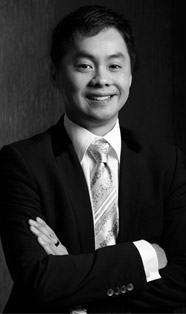 Edmund Bon is a partner in the Criminal Law and Public Interest Litigation Department of Chooi & Co. and specialises in criminal defence, constitutional and administrative law, and public interest litigation.
Edmund Bon is a partner in the Criminal Law and Public Interest Litigation Department of Chooi & Co. and specialises in criminal defence, constitutional and administrative law, and public interest litigation.
Edmund was previously an elected member of the Malaysian Bar Council and chaired the Constitutional Law (2009-2011), Human Rights (2007-2009) and National Young Lawyers’ (2006-2008) committees. He continues to be involved in various social movements and enterprises having co-founded the Malaysian Centre for Constitutionalism & Human Rights (MCCHR also known as PusatRakyatLB). Edmund speaks regularly at numerous local and international conferences and conducts workshops on law-related topics. His articles and papers have been published by the media and in law journals. Edmund’s latest publication is the Halsbury’s Laws of Malaysia on “Citizenship, Immigration, National Security and the Police” (Volume 27, 2010).
Edmund read law at University College London and was called to the English Bar (Lincoln’s Inn) in 1997. Edmund is a Chevening scholar and has a Masters degree in International Human Rights Law from Oxford University. He was admitted as an advocate and solicitor of the High Court of Malaya in 1998, and has been in active practice since then. He became a partner of Chooi & Co. on 1 January 2012.
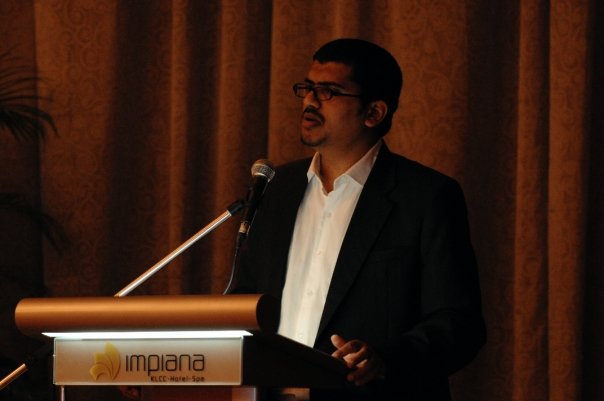 Faisal Moideen is a member of the Malaysian Bar and the Managing Partner of Messrs Moideen & Max, a law firm based in Kuala Lumpur. He was previously attached to the Office of the United Nations High Commissioner for Refugees as Protection Assistant. In his university days, Faisal was a champion debater for UT Mara.
Faisal Moideen is a member of the Malaysian Bar and the Managing Partner of Messrs Moideen & Max, a law firm based in Kuala Lumpur. He was previously attached to the Office of the United Nations High Commissioner for Refugees as Protection Assistant. In his university days, Faisal was a champion debater for UT Mara.
Although his views in respect of rights and freedoms are largely unorthodox and unconventional, he believes that rights and freedoms are crucial components of societal development."
Moderated by:
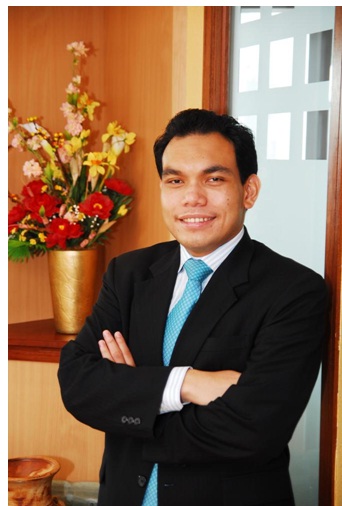 Syahredzan Johan read law at Cardiff University, United Kingdom and graduated in 2005. He completed his Bar Vocational Course in 2006 and then called to the Bar of England and Wales. He returned to Malaysia on the same year and read in chambers at Messrs. RamRais & Partners. He was admitted as an advocate and solicitor of the High Court of Malaya on 05 October 2007. He is now a partner at Messrs. RamRais & Partners.
Syahredzan Johan read law at Cardiff University, United Kingdom and graduated in 2005. He completed his Bar Vocational Course in 2006 and then called to the Bar of England and Wales. He returned to Malaysia on the same year and read in chambers at Messrs. RamRais & Partners. He was admitted as an advocate and solicitor of the High Court of Malaya on 05 October 2007. He is now a partner at Messrs. RamRais & Partners.
In 2009, he was appointed as the Co-deputy Chairperson of the Bar Council’s Constitutional Law Committee, the committee behind the successful MyConstitution campaign. He held the post for two (2) terms. The Bar Council subsequently appointed him as Chairperson of the Constitutional Law Committee for the 2011/2012 term and re-appointed him for a second term in 2012. In 2011, he was elected as a Committee member of the Kuala Lumpur Bar Committee. He was then appointed as Chair of the Information Technology and Communications Committee of the Kuala Lumpur Bar. He is also a member of the Bar Council’s National Young Lawyers Committee (“YLC”) and the KL Bar’s Young Lawyers Committee. In 2012, Syahredzan was appointed as a member of the Bar Council. He has also written articles which are published in the mainstream media, on the internet mostly at www.loyarburok.com as well as columns in The Star’s iPad application and Malay language daily Sinar Harian.
Rule of Law
The Rule of Law, in its most basic form, is the principle that no one is above the law. The rule follows logically from the idea that truth, and therefore law, is based upon fundamental principles which can be discovered, but which cannot be created through an act of will. The most important application of the rule of law is the principle that governmental authority is legitimately exercised only in accordance with written, publicly disclosed laws adopted and enforced in accordance with established procedural steps that are referred to as due process. The principle is intended to be a safeguard against arbitrary governance, whether by a totalitarian leader or by mob rule. Thus, the rule of law is hostile both to dictatorship and to anarchy.
Advancing the Rule of Law Is Our Purpose as a Business:
LexisNexis® is committed to advancing the Rule of Law both through our day-to-day business, and our actions as a corporate citizen. We believe that the rule of law is essential to political stability, economic opportunity, social progress and fundamental fairness and equality.
We work to advance the rule of law in four key areas:
- We provide products and services that enable our customers to excel in the practice and business of law.
- We document laws and make them accessible to citizens and professionals.
- We partner with governments and non-profits to make justice systems more efficient and transparent.
- We support corporate citizenship initiatives that strengthen civil society and the Rule of Law globally.
We are proud to feature the inaugural LexisNexis Rule of Law Debate as a platform to stimulate discussion and engender action in the region towards upholding human rights and advancing the rule of law
If you would like to partner us in our Rule of Law initiatives, contact Gaythri Raman at gaythri.raman@lexisnexis.com